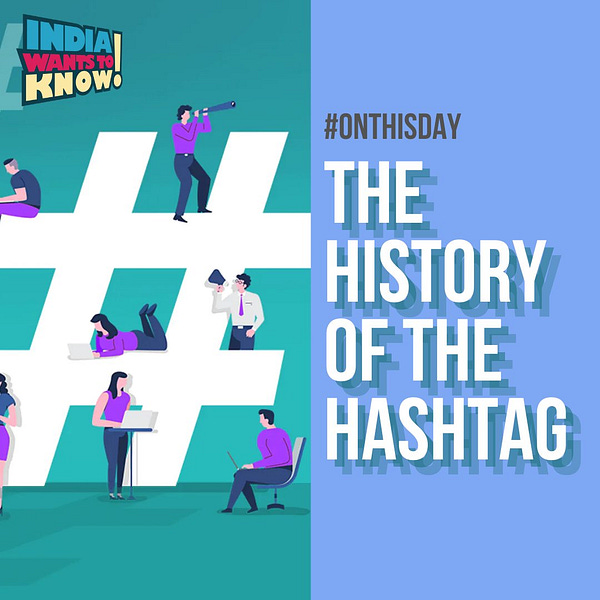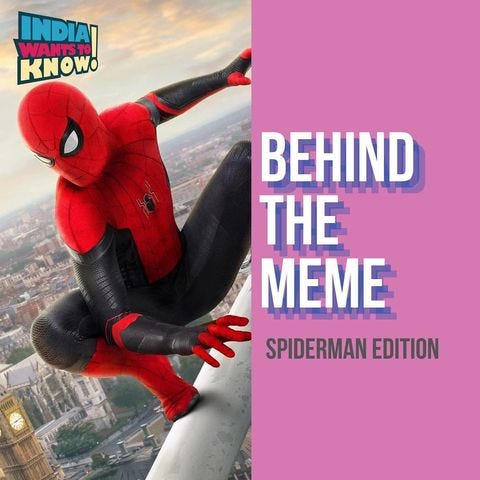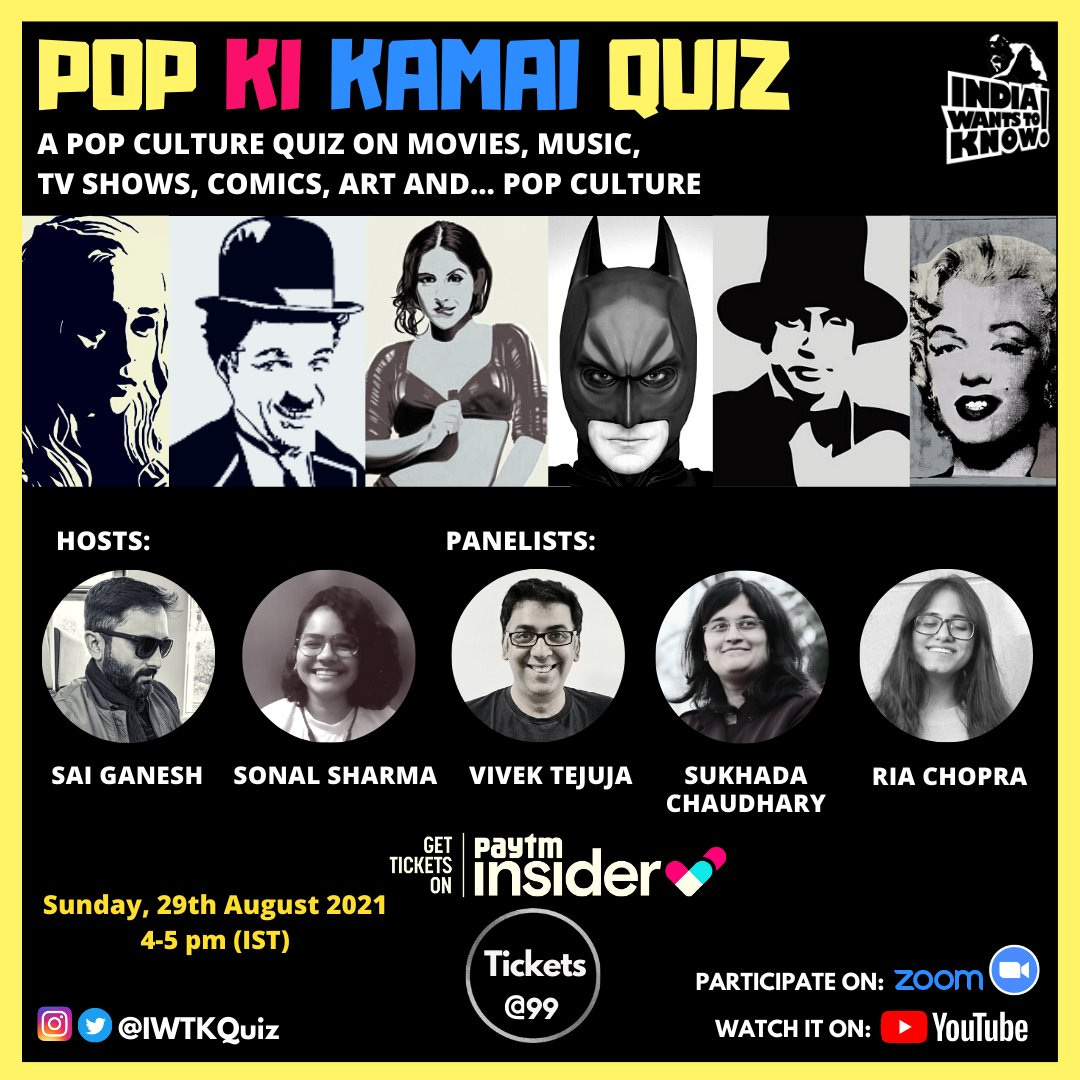What's common to thugs, pyjamas and bungalows? | # 68
Also, a brief history of the hashtag #
Hello
Have you ever desperately tried to remember what the English word for a certain native word is? I mean, we have Google translate now, but wait, so did Rani Mehra (Kangana Ranaut) in the Bollywood movie Queen, when she's looking for Hing. But what she learns after a long distance phone call back to India is, "Hing ko English meh hing ko hing hi bolte hai. (Hing is called Hing in English.)" Think about it, there are quite a few Indian words that have — mostly for our sanity's sake— become indisputable occupants in our English conversations. And while that's been happening, there are some words in the English vocabulary that actually come from Indian languages. Today’s newsletter is dedicated to such words and their origins.
Things we learnt this week
The English adventurer and buccaneer William Dampier, traveling around the world in the 1690s once found himself on the southeastern coast of India, in Tamil Nadu. He was the first to write in English about a kind of vessel he observed there. It was little more than a raft made of logs. The word Catamaran, a yacht or boat with two parallel hulls, is derived from the Tamil word, kattumaram, for tied wood. Incidentally, Dampier introduced many words to the English including avacado, chopsticks, cashew and barbecue - Insta influencer material no doubt.
The word Thug comes from the Hindi word thag referring to 'thief', based on the Sanskrit word sthagati meaning 'he conceals'. There was a steady rise in the use of the word in the English language after the book 'Equator: Journey Around the World' was published in 1897 where Mark Twain reports of a criminal network called 'Thugee', that operates on Indian roads and victimized travelers. Read the fascinating history of the Thugees and how the British ended their reign.
Few more words that have entered the lexicon via India include bandana, which derives its name from the Hindi word bandhana, dekko which means a quick glance, derived from the Hindi word dekho, and several others such as jungle, pyjama, cashmere, and bungalow. Oh! And the English word for Hing is Asafoetida.
From IWTK, with love
We are sure you have used a hashtag at some point of time in your life. Do you know the story behind the hashtag though? Well, here’s a brief history
Spiderman, Spiderman! Does whatever a spider can. Now that the song is stuck in your head, read the story Behind the Spiderman meme.
Only in India
In this week's edition of Only in India we have a harrowing tale vengeance. A 60-year-old from Gujarat succumbed to a snake bite but not before he bit back and killed the serpent too.
Quiz Announcement
Join us on August 29th for the much awaited Pop Ki Kamai Quiz. It’s a quiz on movies, music, TV shows, comics, art and other forms of pop culture. See you there!
Share this newsletter on WhatsApp
Join our Telegram channel
Stay safe & always hydrate
❤️ IWTK






